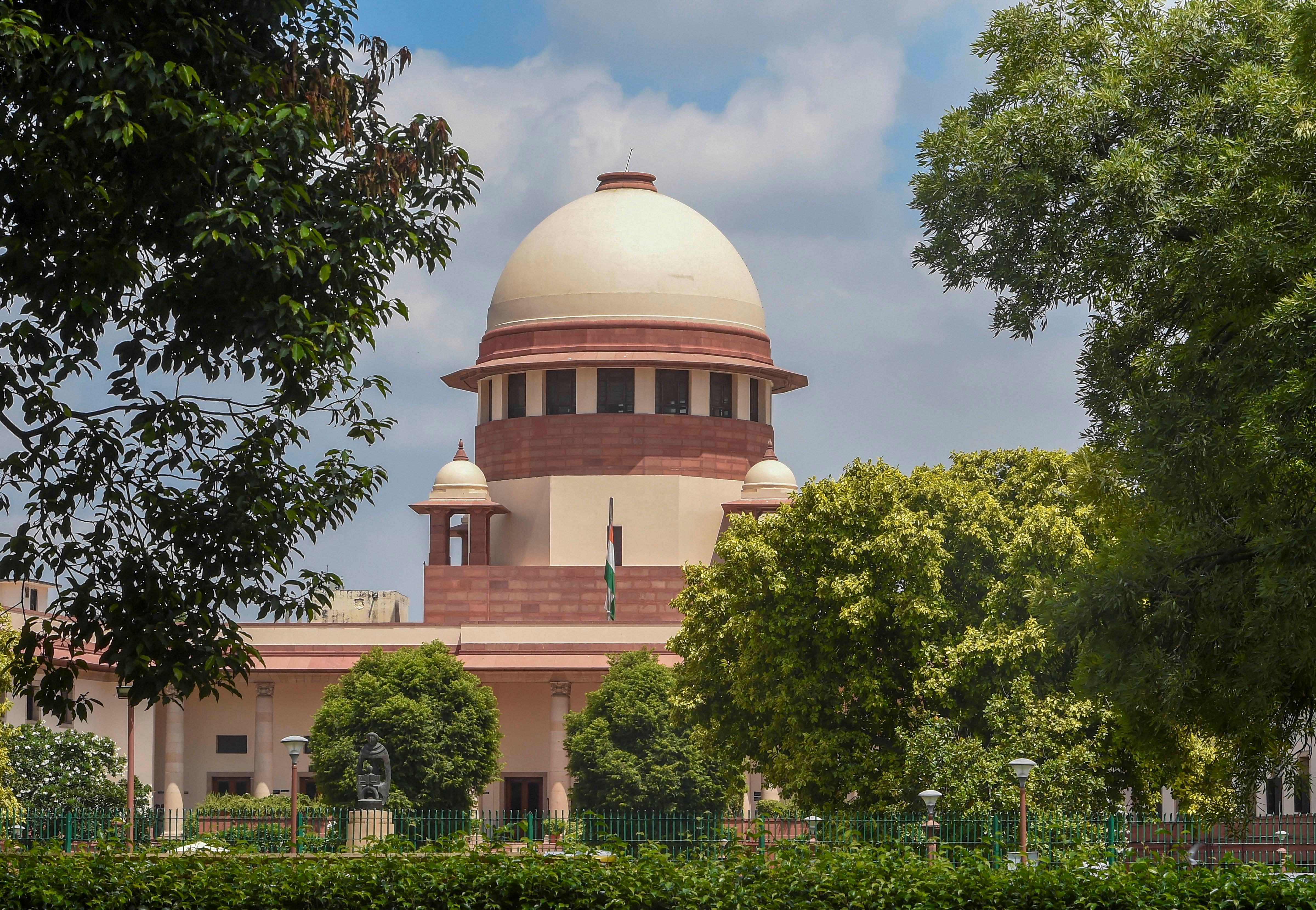
The Supreme Court on Wednesday found a man, convicted of a murder committed 39-year ago, that he was juvenile at the time of offence and should be granted the benefit of the welfare law of the Juvenile Justice Act, 2000.
A bench of Justices S Abdul Nazeer and Sanjiv Khanna upheld the conviction of Satya Deo but set aside the sentence of life imprisonment, awarded to him.
The court remanded his case to the Juvenile Justice Board for passing appropriate orders on detention and custody against him.
In his plea, Satya Deo alias Bhoore contended that he was a juvenile at the time of offence of murder on December 11, 1981, in Uttar Pradesh's Bahraich district.
The court directed for an inquiry by the Additional District and Season's judge who found that Satya Deo was 16 years 7 months and 26 days of age when the incident had happened.
The inquiry report, however, stated he was not a juvenile as per the Juvenile Justice Act, 1986, as he was more than 16 years of age.
According to the 1986 Act, a juvenile was one who was below 16 years in the case of a boy and below 18 years in case of a girl on the date, the boy or girl is brought for the first appearance before the court or the competent authority.
However, the Juvenile Justice Act, 2000 does not distinguish between a boy or girl and a person under the age of eighteen years is treated as a juvenile.
In the instant case, the top court relied upon the Constitution Bench in the case of 'Pratap Singh vs the State of Jharkhand' (2005) where it was held the 2000 Act would be applicable in a pending proceeding, instituted under the 1986 Act in any court or authority, if the person had not completed 18 years of age as on April 1, 2001, when the 2000 Act came into force.
The Juvenile Justice Act underwent further changes subsequently in 2006 and 2015.
The court noted, in light of Section 6 of the General Clauses Act, read with Section 25 of the 2015 Act, an accused cannot be denied his right to be treated as a juvenile when he was less than 18 years of age at the time of the commission of the offence, a right which he acquired and has fructified under the 2000 Act, even if the offence was committed prior to the enforcement of the 2000 Act on April 1, 2001.
The court, thus, decided to grant Satya Deo benefit of the Juvenile Justice Act, 2000 and overturned the sentence of life imprisonment.
